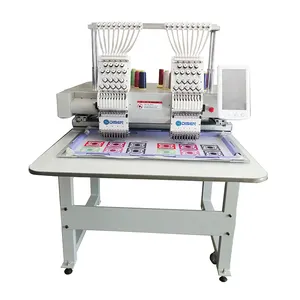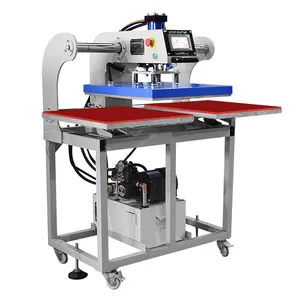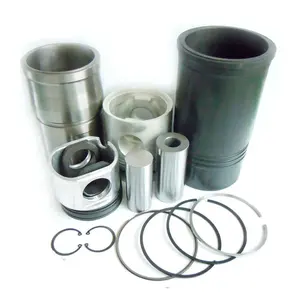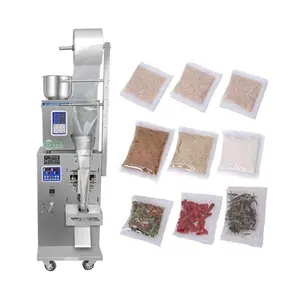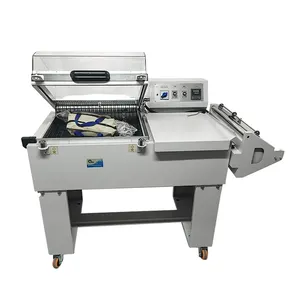Popular in your industry


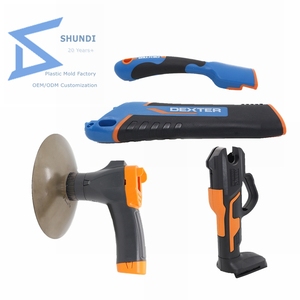

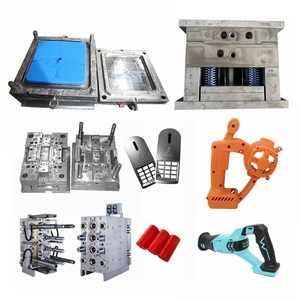
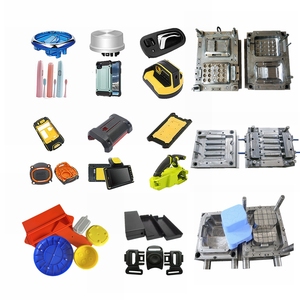
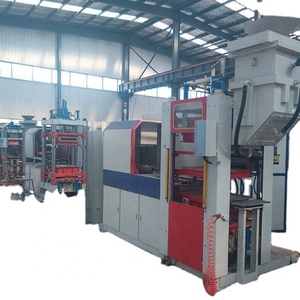

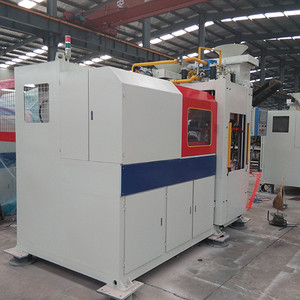

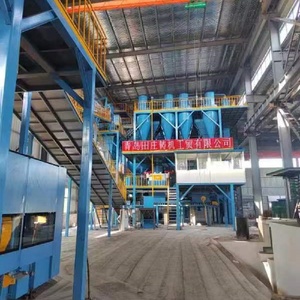
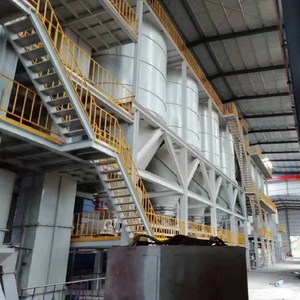

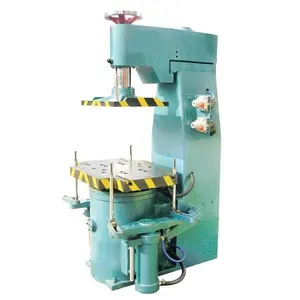



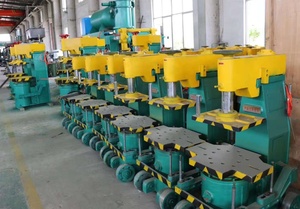
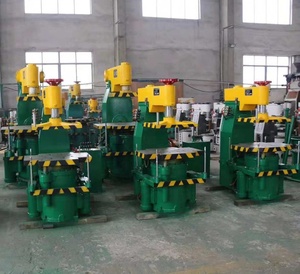










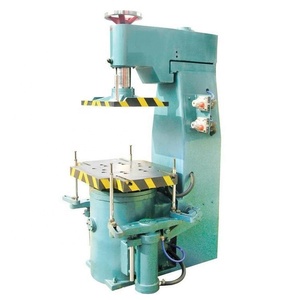




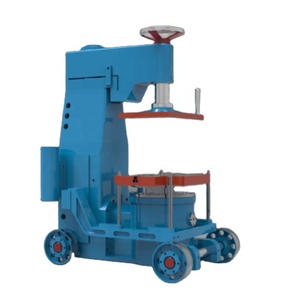








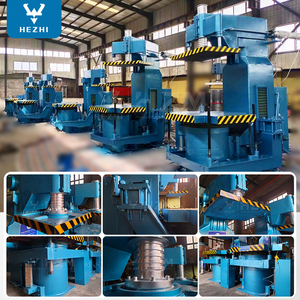






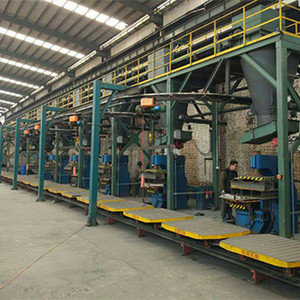
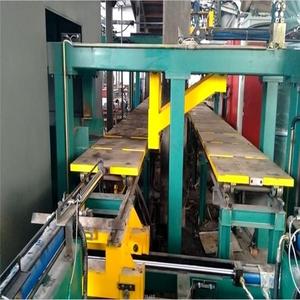

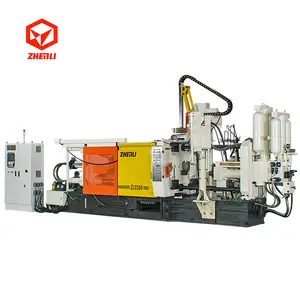




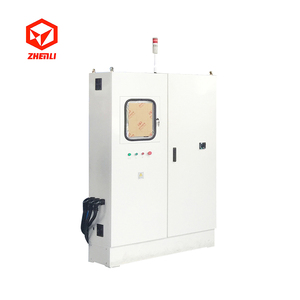
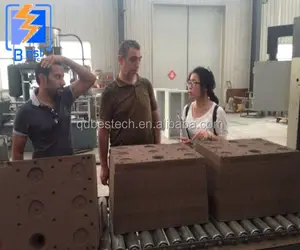
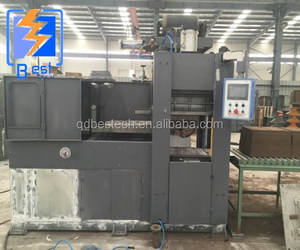

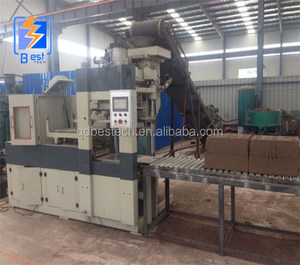
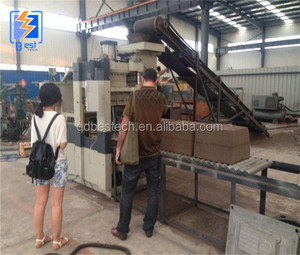
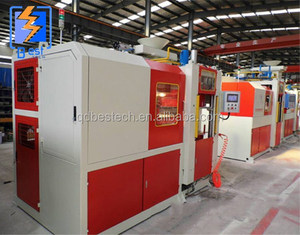
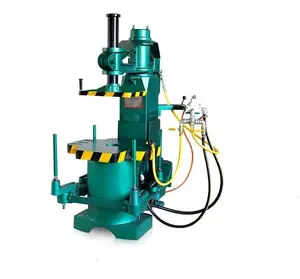



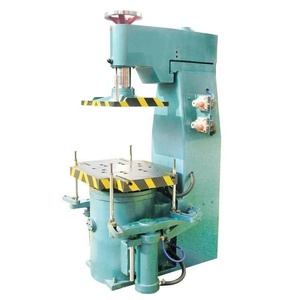

Related Searches:






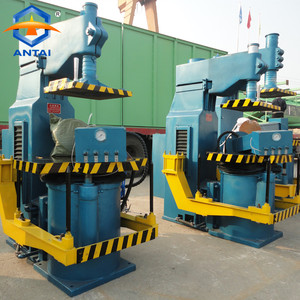

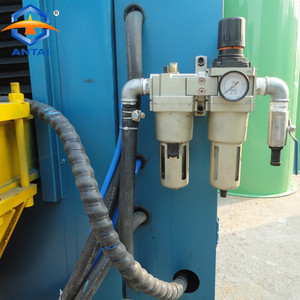

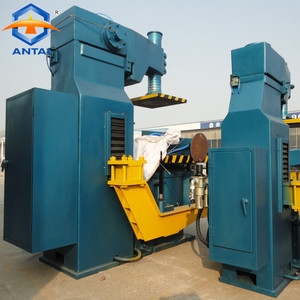

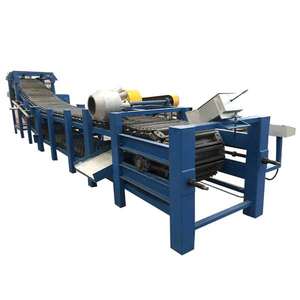
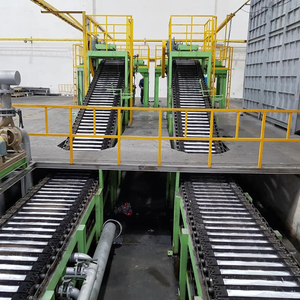




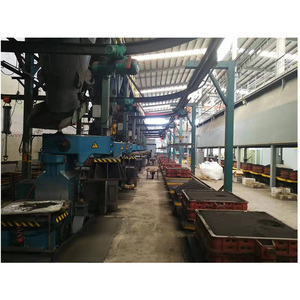
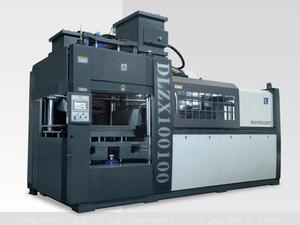



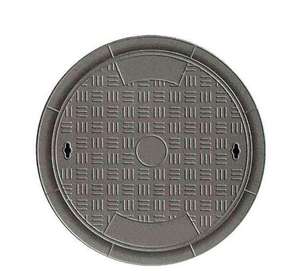
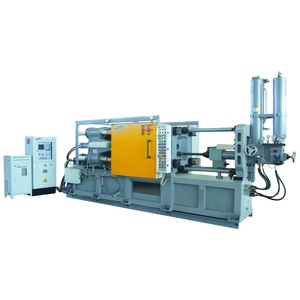
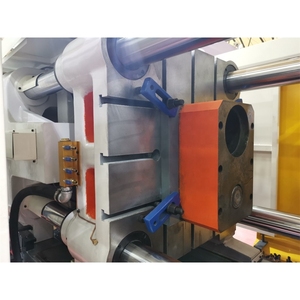
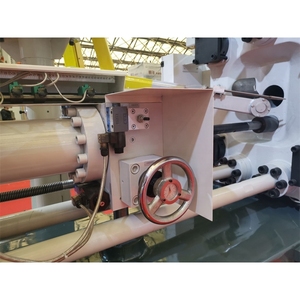


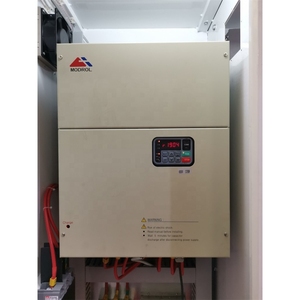



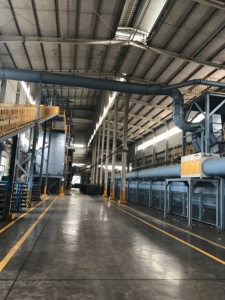

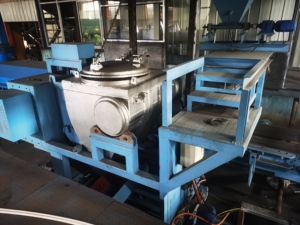
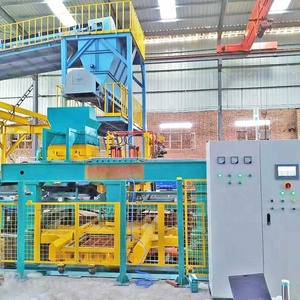


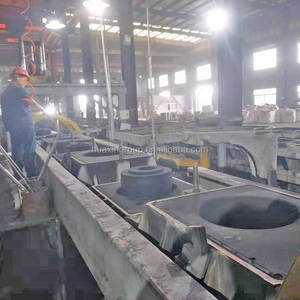



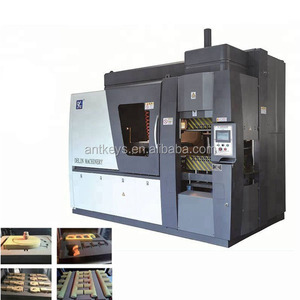
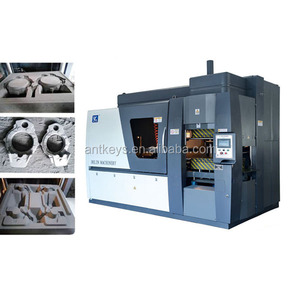











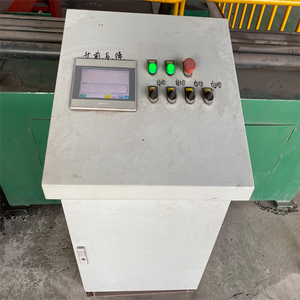
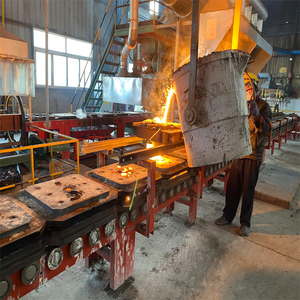

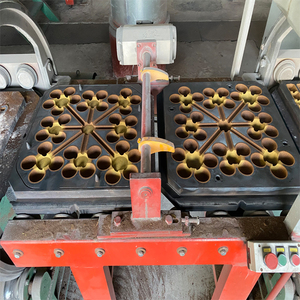






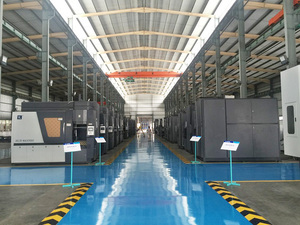

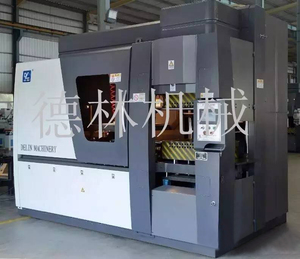






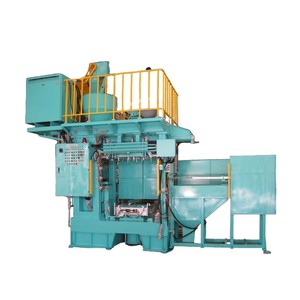
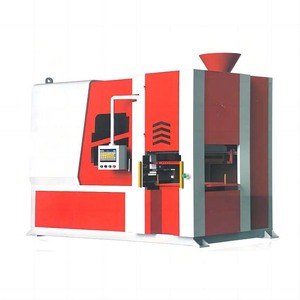






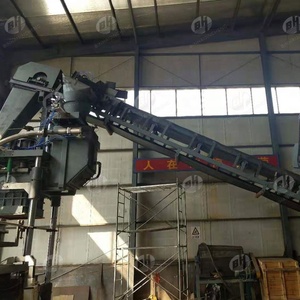
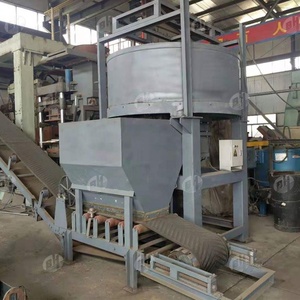



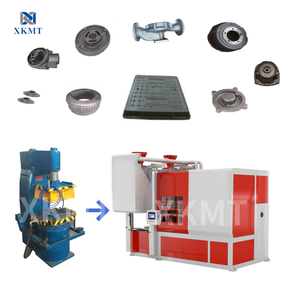
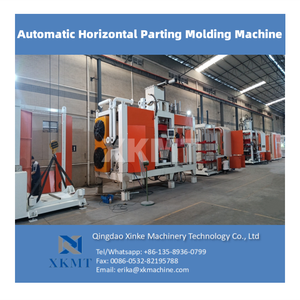



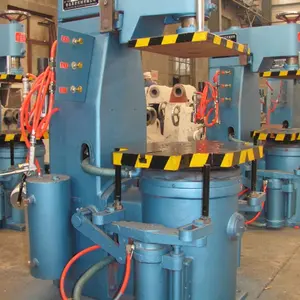






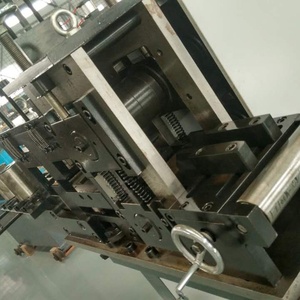

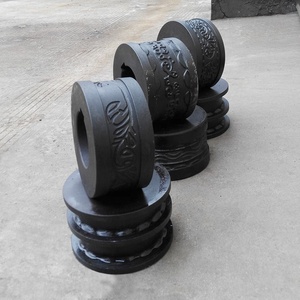

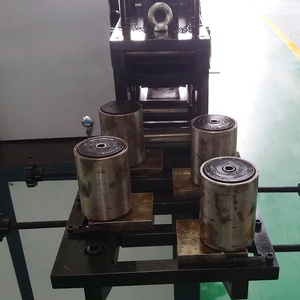
















Top categories
About cast iron moulding machine
In the dynamic world of manufacturing, the mastery of cast iron moulding machines stands as a cornerstone for industrial success. These machines, the unsung heroes of the foundry industry, are pivotal in shaping the backbone of various sectors by transforming raw materials into intricate parts and essential components. This ultimate guide delves into the heart of cast iron moulding, exploring the various processes and machines available, and how they can revolutionize your production line. From the traditional sand casting to the cutting-edge automatic moulding lines, we uncover the technical prowess and innovations that Alibaba.com offers to elevate your manufacturing capabilities to new heights.
Understanding Cast Iron Moulding Machines
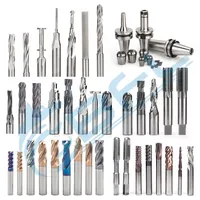
Understanding the intricacies of cast iron moulding machines begins with recognizing the variety of casting processes available for cast iron. Sand casting is the most prevalent, due to its cost-effectiveness and simplicity, accounting for a significant portion of casting production. Within sand casting, there are subtypes such as green sand casting, which utilizes wet sand to form molds, and resin-coated sand casting, as well as no-bake sand mold casting, where chemical binders create a rigid mold. For larger iron castings, self-hardening resin sand casting is often preferred.
When precision and surface quality are paramount, alternative methods like investment casting, die casting, and vacuum casting come into play. These processes are ideal for achieving higher accuracy and smoother finishes, often reducing the need for subsequent machining. The choice of casting process can significantly influence the dimensional tolerances and surface quality of the final product.
The selection of a cast iron moulding machine also hinges on production volume. High annual output may justify the investment in an automatic molding line, which offers large-scale production capacity and consistent quality. For smaller quantities or larger-sized castings, manual or semi-automatic processes might be more cost-effective, despite the trade-off in production speed and potential variability in quality.
Types of Cast Iron Moulding Machines on Alibaba.com
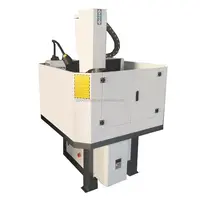
Alibaba.com showcases a diverse range of cast iron moulding machines designed to meet the needs of various industrial applications. These machines are categorized based on their operational modes, which include fully automatic, semi-automatic, and manual moulding machines. The automatic moulding lines, such as the flaskless automatic molding line and the fully automatic high-speed machine for making spring flat washers, represent the pinnacle of efficiency and automation. They are engineered to minimize human intervention in the casting process.
Semi-automatic moulding machines, like the Jolt Squeeze moulding machine, strike a balance between automation and manual control, offering a cost-effective solution for foundries looking to increase productivity without a significant capital investment. Manual moulding machines, on the other hand, provide a hands-on approach to casting, suitable for smaller operations or specialized tasks where precision and custom input are paramount.
The variety extends to the types of products these machines can produce. From intricate parts like manhole covers, door handles, and flat washers to larger items such as metal door skins, the range of cast iron moulding machines on Alibaba.com can accommodate a wide spectrum of casting requirements. The machines come in different sizes and capacities, ensuring that businesses of all sizes can find equipment that matches their production needs.
Automatic Moulding Machines
The evolution of foundry equipment has led to the development of various automatic moulding machines, designed to enhance efficiency in the casting process. Automatic moulding machines on Alibaba.com cater to the production of cast iron parts, utilizing advanced technologies to automate the sand moulding process. These machines are engineered for precision and speed, with flaskless models streamlining operations by removing the need for traditional sand flasks. The integration of automatic moulding lines with sand casting not only increases output but also ensures consistent quality in the production of intricate cast iron components.
Among the offerings, the fully automatic high-speed machines are notable for their capability to produce flat washers and other metal pressings with minimal manual intervention. This automation extends to the realm of hydraulic embossing presses, which are utilized for creating detailed metal door skins. The versatility of these machines is further exemplified by their application in the manufacturing of robust manhole covers, a process that benefits from the precision and repeatability of automatic machinery.
The foundry industry has also seen the introduction of vertical gravity die casting machines, which are designed for the production of non-ferrous metal parts such as faucets and door handles. These machines leverage gravity to fill the dies, ensuring a high level of detail and surface finish. The automatic green sand moulding machines, another variant found on Alibaba.com, are pivotal in the casting of iron at a high volume, with sand as the moulding medium, ensuring a balance between productivity and cost-effectiveness.
Semi-Automatic Moulding Machines
Semi-automatic moulding machines, such as the LSP series, represent a versatile solution for the cast iron moulding process. The LSP-1 and LSP-2 models, along with the Jolt Squeeze LSP-3, are designed to cater to a range of moulding requirements. These machines streamline the moulding process by combining manual intervention with automated functions, allowing for increased control and precision in the production of cast iron components.
The semi-automatic nature of these machines means that while they require some manual operation, they also incorporate elements of automation which can help to reduce labor intensity and improve consistency in the moulding process. This balance of automation and manual control allows for flexibility in adjusting to different moulding tasks, making them suitable for a variety of industrial applications.
The construction of these semi-automatic machines often involves robust materials that contribute to their longevity and reliability. By integrating these machines into the manufacturing process, businesses can expect a notable improvement in efficiency and a reduction in the potential for human error, which is particularly beneficial for medium-scale production runs where precision and repeatability are crucial.
Manual Moulding Machines
Manual cast iron moulding machines are essential tools in the foundry industry, enabling precision in the creation of metal components. These machines utilize the traditional green sand casting process to form cast iron parts, including intricate items like manhole covers. The manual jolt squeeze moulding machines are particularly noted for their ability to compact sand in the mold, which is crucial for achieving the desired shape and finish of the cast iron product. The process involves manually placing the sand around the pattern and then using the machine to apply pressure and squeeze the sand into the correct form. This method provides a balance between automation and hands-on control, allowing for adjustments to be made by the operator to accommodate various mold complexities. The CE-approved manual moulding machines underscore a commitment to safety and regulatory compliance, ensuring that operators are working with equipment that meets stringent industry standards. These machines are not only versatile in handling different casting materials like iron and aluminum but also in their application across various industries, from metal furniture fittings to decorative elements. The manual aspect of these machines makes them a cost-effective solution for smaller foundries or those specializing in custom or small-batch production runs.
Applications in Various Industries
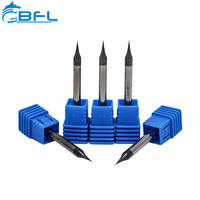
Metal casting is integral to numerous industries, leveraging the versatility of cast iron to create essential components. In agriculture, cast iron parts are crucial for farming equipment, contributing to the functionality of tractors and machinery. The defence sector relies on cast iron for producing robust equipment and firearms, where durability is paramount. The automotive industry has a longstanding connection with cast iron, utilizing it for various car parts, highlighting the material's reliability. Construction and mining operations depend on cast iron for structural elements, foundational materials, and architectural features. The material's strength and durability make it suitable for bridges, building frames, gates, lamp posts, water pipes, sewer lines, and manhole covers. Cast iron's adaptability as an engineering material is evident in its widespread use across these critical sectors, demonstrating its importance in modern manufacturing and infrastructure.
Key Features and Technical Specifications
Cast iron moulding machines are integral components in the foundry industry, designed for efficient shaping of cast iron into various parts and components. These machines come equipped with advanced features that enhance their functionality and performance. The flaskless automatic molding line is a notable example, showcasing a streamlined process that eliminates the need for traditional flasks in sand molding operations. This innovation not only optimizes the molding process but also reduces labor intensity and improves the precision of the cast iron parts produced.
In terms of technical specifications, these machines often include green sand molding capabilities, which utilize a mixture of sand, clay, and water to create molds. This method is particularly noted for its economic efficiency and versatility in producing a wide range of cast iron parts. The Jolt Squeeze moulding machine is a specific type that employs simultaneous jolting and squeezing to compact the sand in the mold, ensuring uniform hardness and thickness, which is crucial for the durability of the final product.
Furthermore, the Z147 metal casting moulding equipment represents a subset of these machines that are designed for foundry green sand jolt squeeze molding processes. They are engineered to handle intricate casting tasks with precision. Additionally, automatic moulding machines on Alibaba.com feature robust construction with cast iron templates, providing a stable and durable platform for high-volume production lines. These machines are tailored to meet the rigorous demands of continuous operation in industrial settings, making them a valuable asset for manufacturers looking to enhance their production capabilities.
Material Quality and Durability
Cast iron alloys, integral to the manufacturing of durable moulding machines, are characterized by their carbon and silicon content. This unique composition grants cast iron exceptional fluidity during the casting process, enabling the creation of complex shapes with relative ease. The presence of carbon, particularly in the form of graphite, enhances machinability and contributes to the wear-resistance of the material, which is crucial for the longevity of moulding machines.
The metallurgical complexity of cast iron allows for the development of various types with distinct properties. For instance, gray iron, known for its compressive strength, is often utilized in parts where this attribute is paramount. Its ability to damp vibrations makes it suitable for precision machinery components. Ductile iron, on the other hand, offers superior shock resistance and strength due to the spheroidal graphite structures within its matrix, making it ideal for heavy-duty applications.
White iron, produced through a chilling process that prevents carbon precipitation, results in a hard, wear-resistant material often used in environments where abrasion resistance is key. Compacted graphite iron (CGI) represents a balance between gray and ductile irons, providing high thermal conductivity, strength, ductility, and fatigue resistance, alongside machinability that surpasses that of ductile iron. These characteristics of cast iron alloys ensure that moulding machines made from these materials are not only robust and reliable but also maintain their precision over time.
Advantages of Upgrading to Modern Moulding Machines
Upgrading to modern moulding machines, particularly those utilizing continuous casting, presents significant advantages in the casting industry. Continuous casting, as opposed to traditional ingot casting, minimizes material waste due to its efficiency in producing solid bars and slabs without cracks. This process not only reduces the likelihood of scrapping materials but also enhances cost-effectiveness by optimizing production costs.
The continuous casting method surpasses other common casting methods like sand casting and extrusion molding. It offers a superior surface finish, virtually eliminates internal porosity and centerline shrinkage, and is more time and material efficient. Unlike sand casting, which can be costly and time-consuming due to the need for individual molds, continuous casting streamlines production by allowing the direct sizing of metal bars.
Moreover, continuous casting competes favorably with extrusion molding, offering a more cost-effective solution with a higher success ratio for complex parts. The transition to modern continuous casting machines can significantly enhance a company's manufacturing efficiency, leading to potential cost savings in materials, time, and overall production processes.
Navigating Alibaba.com for the Best Moulding Machine Deals
Exploring Alibaba.com presents a diverse array of cast iron moulding machines, tailored to fulfill the production demands of various businesses. The platform's inventory includes machines with different sizes, power outputs, and capacities, ensuring that every business can find a model that suits its operational requirements. These machines are designed for efficiency, with a range of specifications available to cater to specific metal casting needs.
When selecting the appropriate cast iron moulding machine, it's essential to consider the specific applications and the type of metal casting work your business undertakes. Alibaba.com's collection features machines suitable for a variety of metals and alloys, enhancing the versatility of the production process. The platform also provides access to necessary parts and components, allowing for seamless integration into existing manufacturing systems.
For businesses looking to optimize their casting processes, Alibaba.com offers a streamlined approach to sourcing machinery. By contacting suppliers directly through the platform, businesses can request detailed information and price lists, ensuring they make informed purchasing decisions. This direct line of communication with manufacturers and suppliers facilitates a more personalized shopping experience, allowing for negotiations and custom orders that align with specific business needs.
Conclusion
Embracing modern cast iron moulding machines is not just an upgrade; it's a transformative step towards manufacturing excellence. The journey through the diverse range of machines on Alibaba.com has revealed options for every scale of operation, from manual intricacies to automated precision. The technical specifications, material quality, and durability of these machines underscore their importance in producing high-quality cast iron components across various industries. Continuous casting machines, in particular, stand out for their efficiency, offering a leap in quality and cost-effectiveness. As businesses navigate Alibaba.com for the best deals, the platform's vast inventory and direct supplier communication promise a tailored fit for every foundry's needs. Investing in the right moulding machine is an investment in the future of manufacturing, ensuring that businesses not only keep pace with industry demands but also drive innovation in their production processes.
